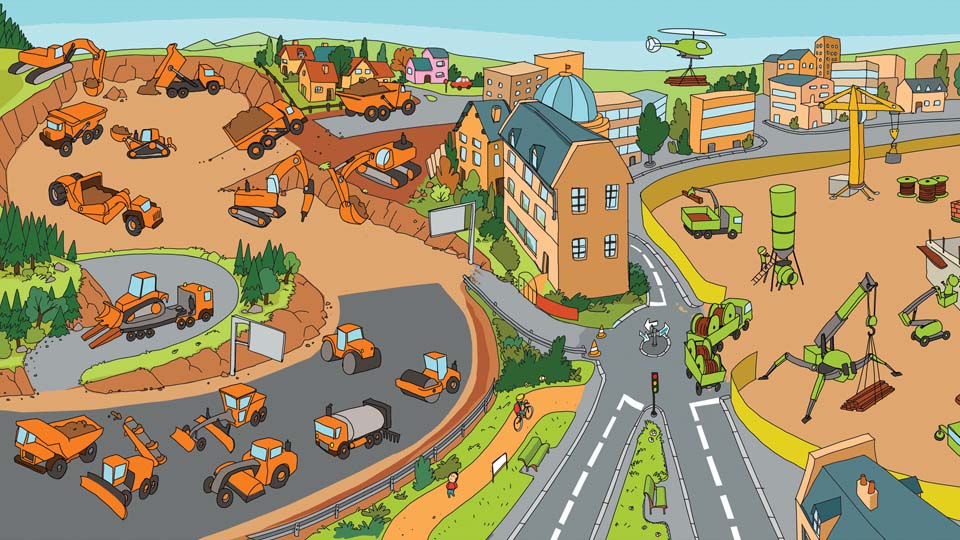By Chris Ward
In the scientific paper session on technological solutions for a degrowth society, it was refreshing to hear someone (unsurprisingly an engineer) mention that the degrowth movement could do with more practical projects and methodologies to run alongside the theoretical discussions.
The OAE project aimed to intersect ecological/socio-economic, legal and green-tech concepts and values. The project’s expected outcomes were to provide up-to-date data in common and standard formats for the consortium that OAE is a part of. This would enable it’s participants to keep up to date, access and find what they need and utilise the data in activities and projects.
There is an Open Data deployment scheme proposed by Tim Berners-Lee that the team tried to follow. The data was linked to merge disparate sources into something more useful and relevant, matching source relationships. The data was then presented in an a method that developers would understand and could utilise. This enabled the team to create web and mobile apps that an end-user could utilise.
Humans have always created tools to make our lives easier and work with our environment. Shifting our reliability from ourselves to powering tools with fossil fuels allowed us to do much more, but it of course has had repercussions that are parasitic. The crux of the debate is evaluation of the viability of technology, it’s potential verses it’s sustainability. Is it in balance?
From a degrowth perspective, many are somewhat opposed to technology whilst others consider it an ally. ‘Convivial Tools’ are decentralised, reversible and democratically controllable. They should serve the community and meet its needs and ends.
Climate engineering looks at methods for potentially counteracting (inevitable) climate change. These include concepts such as space mirrors, cloud seeding, radiation management, reflective aerosols, Stratospheric aerosol injection (SAI) and many other ideas that seem somewhat scary and far-fetched.
So, SAI has to be discarded from degrowth. Large-scale replanting of forests partially meets the criteria.
Technology has always been a part of the problem of growth, so how can it be part of degrowth? What do we want? Firstly we need to disconnect the idea that technology is the answer to everything and that its neutral. However, technology has helped facilitate simple broadcasting, communication, facilitation and discussion. On the other hand there are many divides between people in and within countries, based upon class, age and generations. There are also risks associated with liberty, freedom, corporate and government lobbying and a lack of in-depth knowledge about how tools work. Even open source has sometimes been appropriated by private enterprise, pen SSL, PHP, Apache for example.
Of course, not all of the above apply to all technologies, they have to be systematically evaluated for their function, social impacts etc. The argument is not against technology, but that its real use and value should be questioned more.

Degrowth poses a fundamental challenge to a Labour Party that has yet to decide how far it wishes to transcend – and not merely reform – a growth- oriented, capitalist political economy. The British Labour Party has seen a resurgence of radicalism since the 2007-8 financial crash. With the collapse of the authority of neoliberalism, a space has opened for alternative ideologies, theories and...

International corporations are decimating nature, destroying lives and manipulating opinion. Here's how to stop them.. A US engineering giant sneaks into a Bolivian city under an assumed name and takes over its public water system. A Canadian mining company seeks control of El Salvador’s gold even at the cost of poisoning its drinking water. An Italian energy conglomerate floods ...

The wider degrowth-community is asked to participate in a short survey on sustainable mobility which should not take more than 10-15 minutes: The results will be used as a part of Justin Hyatt´s academic work at the Institute for Housing and Urban Development Studies (IHS), Erasmus University, Rotterdam (Netherlands). It is also intended to publish and widely disseminate a separate report. ...